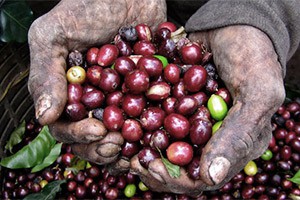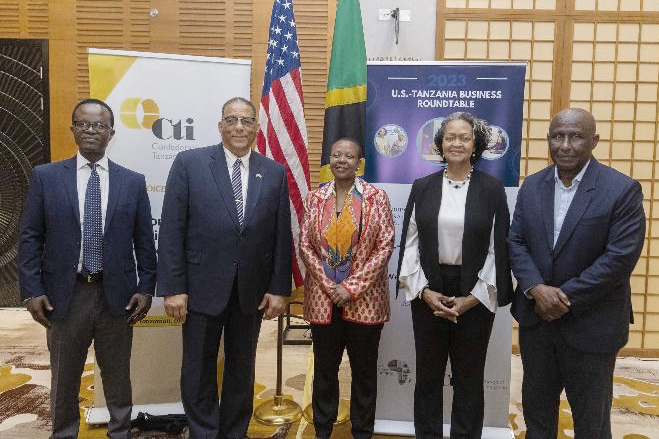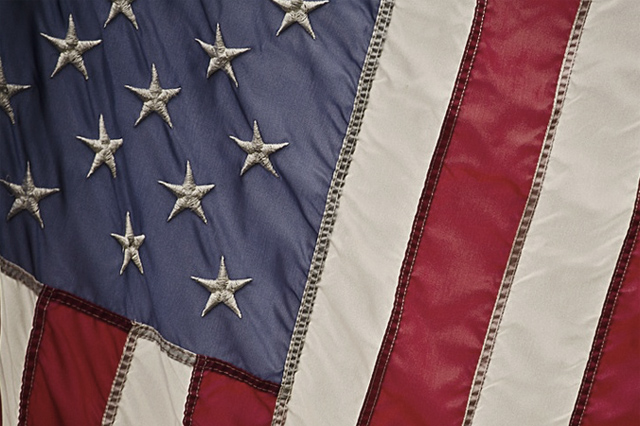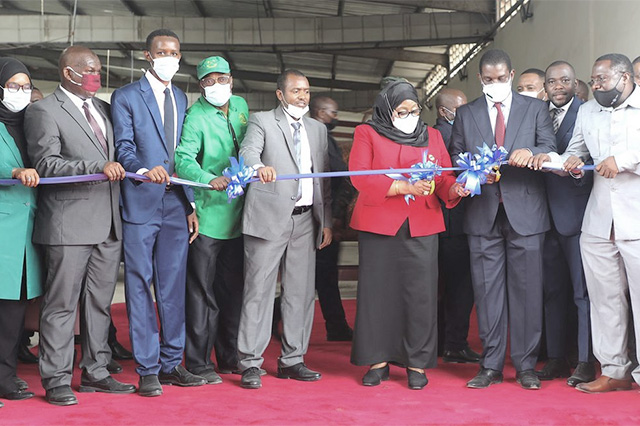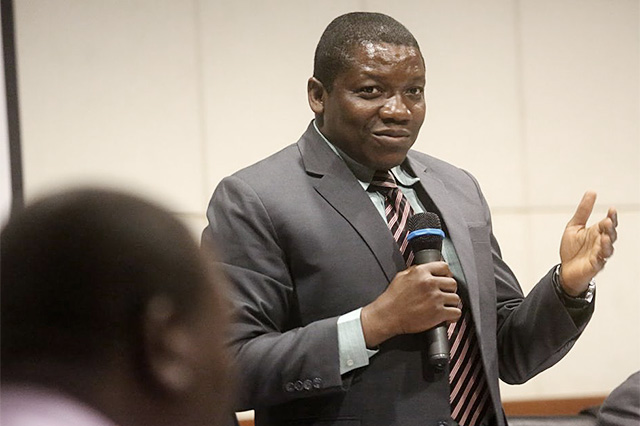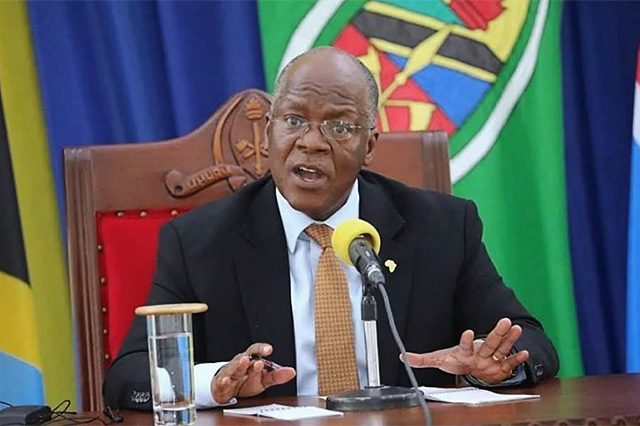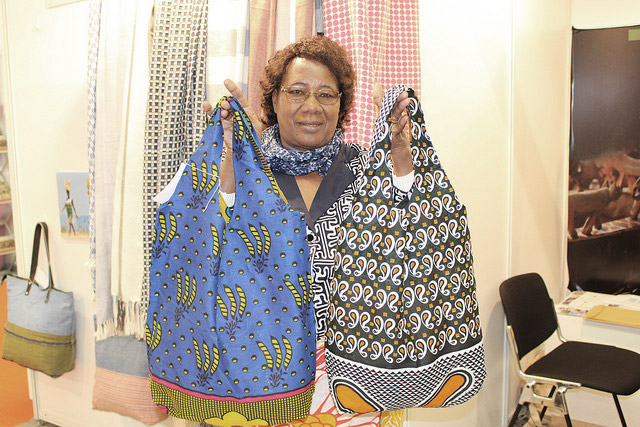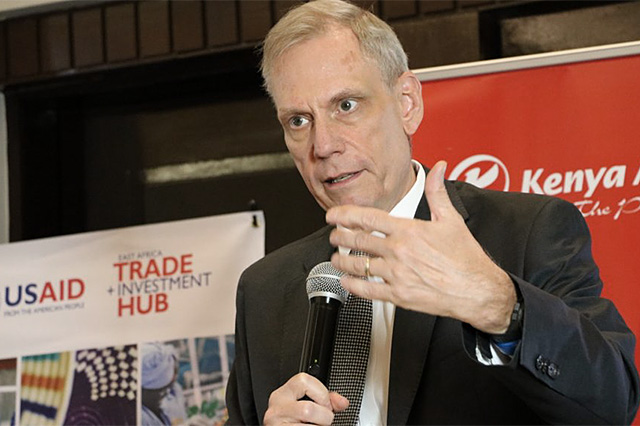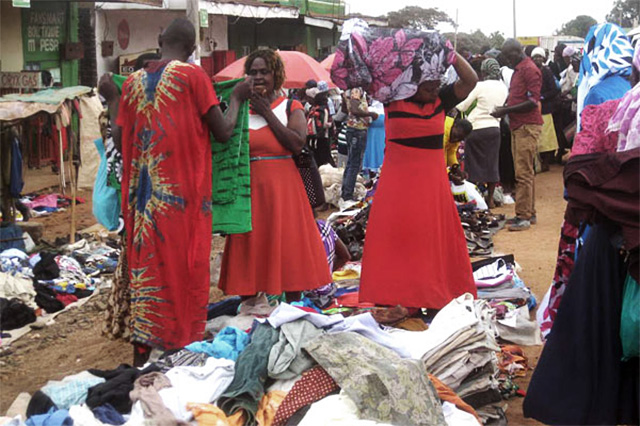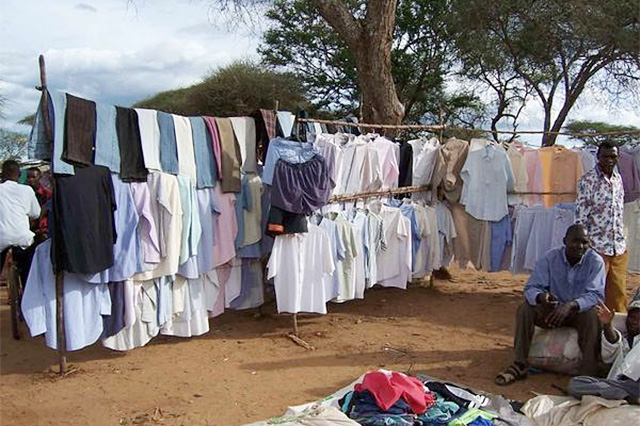Tanzanians 'benefit little from AGOA'
Tanzanians have little to celebrate about the renewal of the 15-year old African Growth and Opportunity Act (AGOA) for the other ten years due to organisational and financial constraints.
The US Congress has renewed Agoa for another 10 years to allow African made goods to sail through into the lucrative American markets. The renewal however remains subject to signing by US President Barack Obama.
Tanzania Chamber of Commerce, Industry and Agriculture’s (TCCIA) Director of Industrial Development Adam Zuku said in Dar es Salaam yesterday that although Agoa was good, accessing the American markets remains highly challenging.
“The American markets do not take small and erratic orders... to sell in America one has to supply in bulks and steadily,” Mr Zuku said, noting that majority Tanzanians are too disorganised and financially crippled to sustain supply to US markets. He cited handcrafts, which Tanzania has great potential of supplying, but due to disorganisation and lack of capital, Tanzanian handcrafts are exported to America through Kenya.
“Tanzania is still capable of manufacturing handcrafts but we have Kenyans who come here and buy the products before repacking them and exporting to the US as Kenyan products.” Mr Zuku described the public institutions’ support to the small traders as inevitable if the country has to benefit from the duty and quota free markets.
“Our local government authorities have not yet played their role in promoting the economy... they could easily organise and financially support handcraft manufacturers for instance to produce in bulk for the Agoa market.”
An official with the Ministry of Industry and Trade decried the private sector’s failure to make use of the business opportunity which the government has created. “The government’s task is to create conducive business environment for the private sector... it’s however disheartening when markets are created and instead of supplying, the private sector keeps on complaining over inexcusable limitations,” said the official.
The US, under Bill Clinton, enacted Agoa in 2000 to boost trade between America and Africa but Tanzania has in the past 15 years benefited little from the offer due to poor quality of her products and inability to sell in bulks.
As the backbone of the US-African commercial relationship, Agoa offers duty-free access to the US market for 6,400 products from 40 countries. Besides Agoa, Tanzania also enjoys preferential access to Canada, India, Europe, South Korea and Chinese markets.


